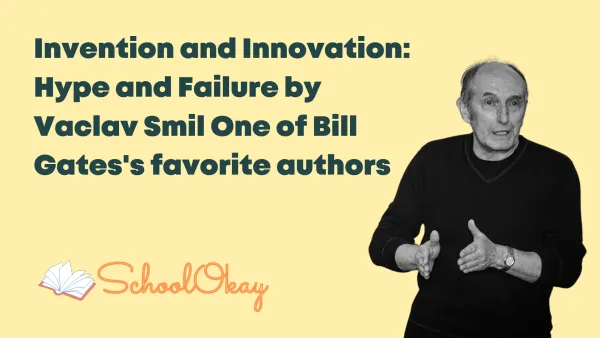New National Education Policy's 5+3+3+4 To Replace 10+2 Structure
new education policy is to replace the old format of the 10+2 structure of the school curriculum with a 5+3+3+4 pattern

The Indian government on Wednesday announced a new education policy, bringing changes after a long time.
One of the features of the new education policy is to replace the old format of the 10+2 structure of the school curriculum with 5+3+3+4 corresponding to the age groups of 3-8, 8-11, 11-14, and 14-18 years, respectively.
After listening to the news of this new education policy, all students may have detailed questions. Their minds will be filled with questions and happiness because this is the first time the government has taken some wise steps towards solving students' problems.
I will try to cover all the questions plus some details about the new education policy by the Indian government.
The new education policy highlights;
- All higher education institutions, except legal and medical colleges, are to be governed by a single regulator.
- Standard norms are in place for private and public higher education institutions.
- MPhil courses to be discontinued.
- Board exams are to be based on knowledge application.
- Home language, mother tongue or regional language to be the medium of instruction up to class.
- Common entrance exams will be held for universities and higher education institutions.
- School curriculum to be reduced to core concepts; integration of vocational education into class.
Let's start;
First, let's discuss what this new education policy is.
As I mentioned above, this new education policy is about replacing the 38-year-old policy with the new format of 5+3+3+4 for students to save them from trouble.
What are the new education policies 5+3+3+4 to replace 10+2?
With the new education policy, the government is shifting from the old format of 10+2 to 5+3+3+4, keeping children's development and potential in mind.
The new NEP replaces the old rules framed in 1986 with the new ones, to make the education system more flexible for school and higher education.
What does the 5+3+3+4 code mean?
As I have explained above, they've replaced 10+2 with 5+3+3+4, which means that education is now divided periodically—starting from the first.
A foundational course for 5 years
This will consist of 3 years of pre-schooling/Anganwadi education (basic education) and 2 years of primary education, including class 1 and class 2.
This will be for students in the age groups of 3-8.
The preparatory stage for 3 years.
This will cover the school education of class 3 to class 5 with experimental learning. It will be for the age group of students 8-11.
The secondary stage for 3 years
This will cover secondary school education from class 6 to class 8 for students aged 11-14.
The secondary stage for 4 years
This will cover higher education in two phases. The first phase will be from class 9 to class 10, and the second will be from classes 11th and 12th.
New assessment rules will come into place in the year 2022-2023. As per the latest assessment scheme, school exams for classes 3,5 and 8 will test essential children's learning with an overall progress report card.
Board exams according to new education policy?
According to new policies, board exams will be made more accessible to check the strong fields of students.
Conclusion;
In my view, this is the best step taken by the government towards student safety because our education system was becoming rigid, and students were suffering from the old system.
As you know, in India, we lose a lot of students every year because they fail to cope with the education system. But I think the new education policy seems much more student-friendly and allows a student to study of his own free will.
Will this new policy affect old students and students in 11th and 12th?
You don't have to worry about that, focus on your studies and if there is any need or information you require, it will be provided to you by your schools. And I don't think it will affect old students because they may have deemed through this. So stop worrying.
Also, read the following;
Why students should read books daily.
Best books for expanding your vocab
The basic difference between basic math and standard math.
Share and subscribe to the blog by email.





